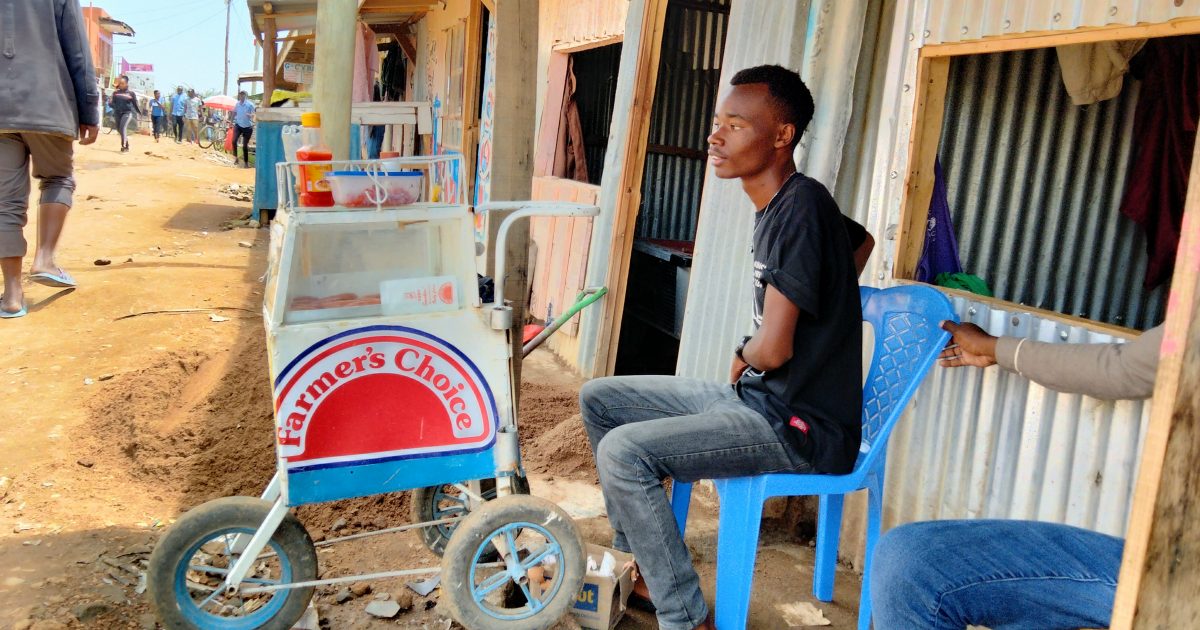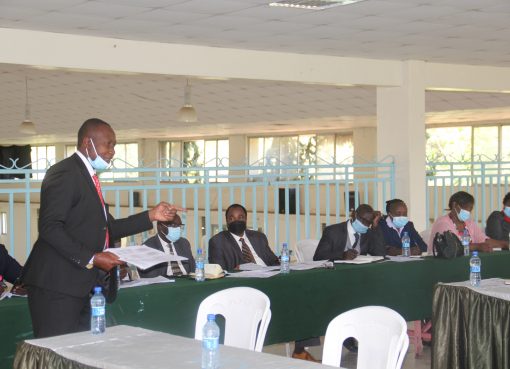Parents are grappling with the high cost of living, leading them to resort to extreme measures to support their children’s education.
The situation has equally affected learners in tertiary colleges, who apart from paying for their tuition also have to cater for their accommodation and meals. This has forced a number of students to engage in side hustles; jobs that earn them an income that sustains them while in school.
Kenya News Agency crew met with Samuel Chacha, a second-year student at Maasai Mara University hawking smokies and boiled eggs a few meters from the varsity’s gate. Chacha, who hails from a humble background, said he ventured into the business to sustain himself at the campus.
“At first, I was afraid of what my fellow students would think, but with time, I gained confidence as the business helped in providing for my basic requirements,” he said. Chacha, who is pursuing a Bachelor’s Degree in Education, described how he is forced to work extra hours to make time for his class work and business.
He said his day begins at 4 am when he does his assignments and other class work before preparing the eggs and smokies to sell. Lucky enough for him, he said, the eggs and smokies are supplied to him at a wholesale price by the local farmers and shops, hence saving some of the time that he would use to go source for the goods.
He disclosed that his initial capital was a little savings from the money he got from his parents as pocket money and the money he received from the Higher Education Loans Board (HELB).
“I used the money to buy a trolley and my first stock. This cost me less than Sh5000. I am grateful that my business has been growing,” he said.
Chacha revealed that he purchases a crate of eggs at Sh450 and sells at Sh900 after boiling. This means he makes a profit of Sh450 per crate. In a single day, Chacha said he sells three crates in addition to smokies that he also makes good money from.
However, his business, like any other business, has its unique challenges. He noted that his business is seasonal as during long holidays that last for three months he is forced to close down as the students are his main customers.
The student also revealed that some days the academic assignments are too much and balancing his business and studies becomes challenging, hence he is forced to employ someone to help.
“Yes there are challenges, but I have decided to soldier on so that I can make money to sustain myself in school,” he said, recalling a time when his parents called him requesting help to take his younger sibling to school.
“By the time I am out of the university, I will be economically stable since I will be running different businesses and even offer employment to some students,” Chacha said.
He advised other students across the country to make use of their free time and get to do something that can sustain them economically as students.
By Ann Salaton and Timothy Tobiko





